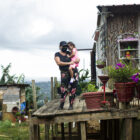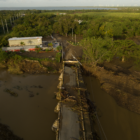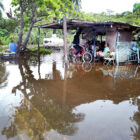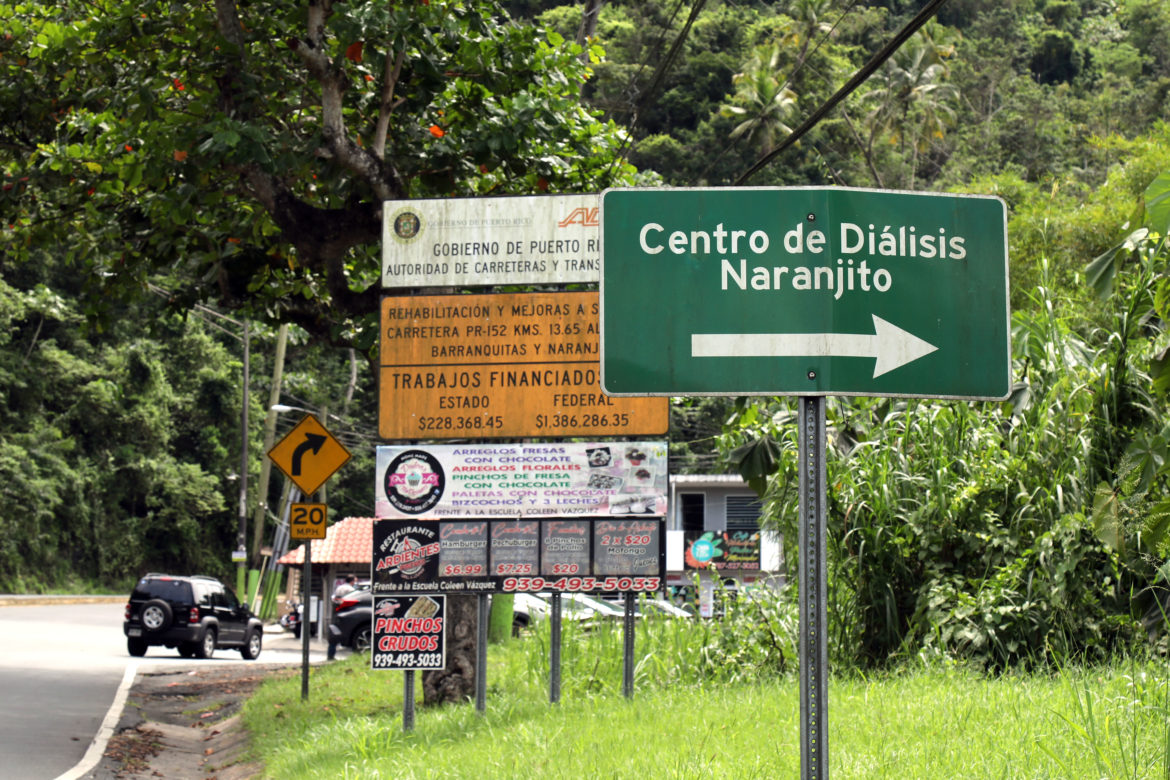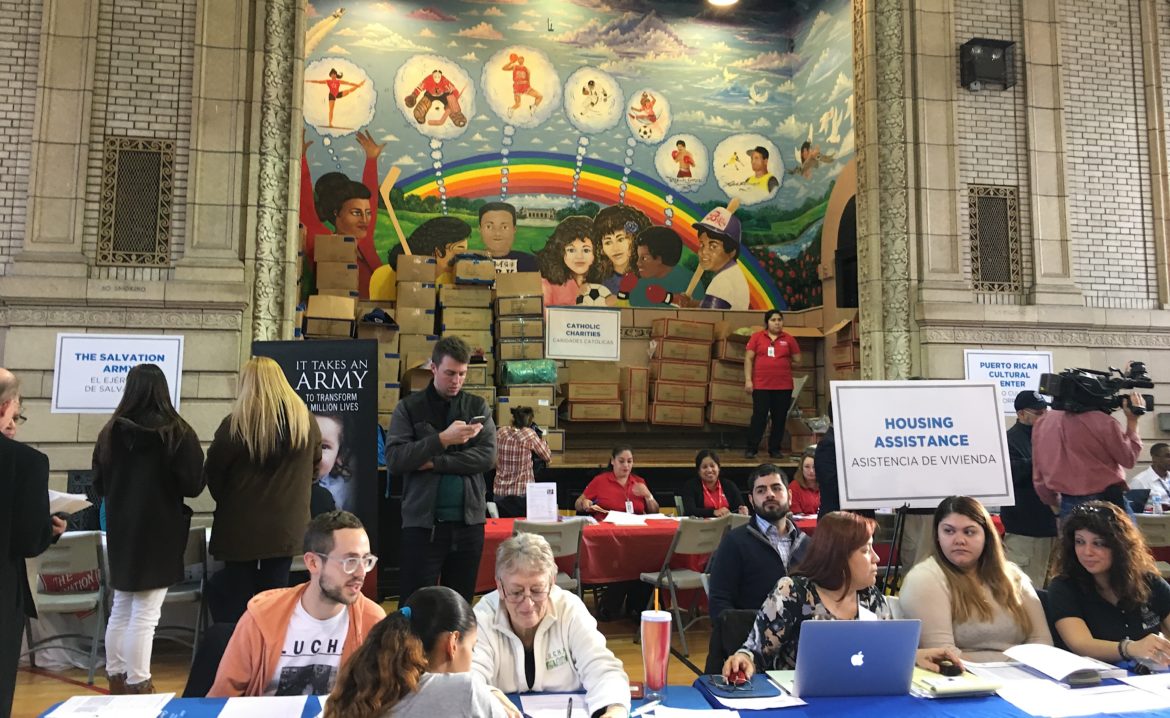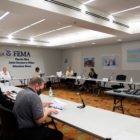
Invitations to sexual threesomes from bosses, unsolicited comments about clothing, sexual organs and the carrying of firearms, and even forceful kisses in the workplace are some of the types of gender-based violence incidents that Puerto Rican female employees have experienced from supervisors and co-workers in the Puerto Rico office of the Federal Emergency Management Agency (FEMA), which oversees the recovery process after Hurricanes Irma and María made landfall in 2017. The Center for Investigative Journalism (CPI, in Spanish) received and confirmed these confidences through 13 testimonies from people who work or have worked for FEMA in Puerto Rico and who decided to tell their stories after the publication in March of an investigation by this media outlet that revealed a pattern of workplace harassment in the External Affairs Office of the federal agency, with at least six cases officially reported. There is now a total of 16 cases that the CPI has documented, the majority of which are from women who have officially filed complaints against several FEMA workers in Puerto Rico for alleged situations of sexual harassment, workplace harassment, persecution, intimidation, or discrimination due to age and gender during the job recruitment process and promotion. Some of these cases, which took place between 2018 and 2020, have remained unaddressed for more than three years and in certain instances, the employer keeps the people who filed the complaint close to their alleged aggressors and they have not been given any remedies. The CPI requested reactions and interviews on this matter for every claim related to FEMA, both local, regional, and the agency’s central office, but all refused to be interviewed and responded with general statements that do not address the questions asked and the issues reported.


